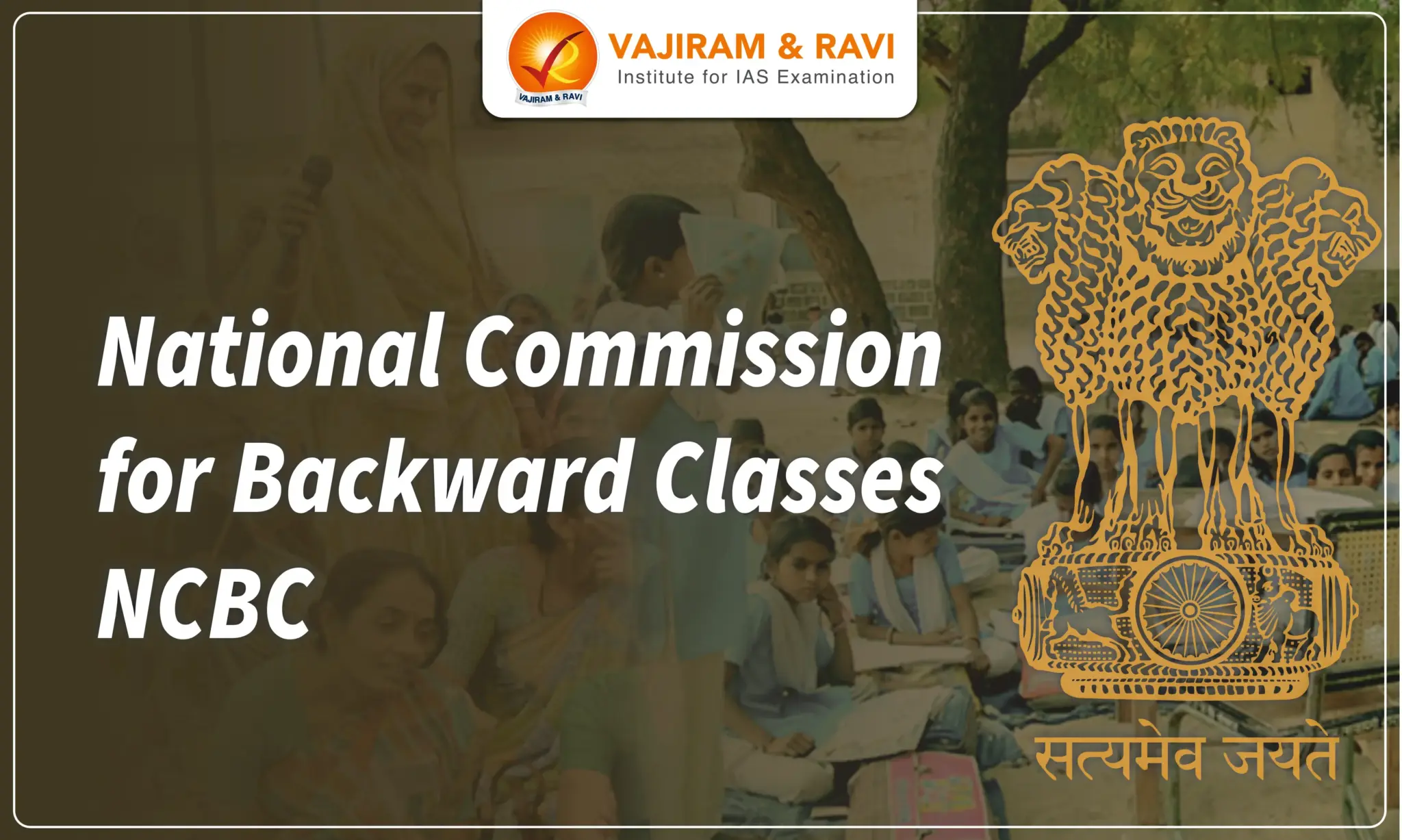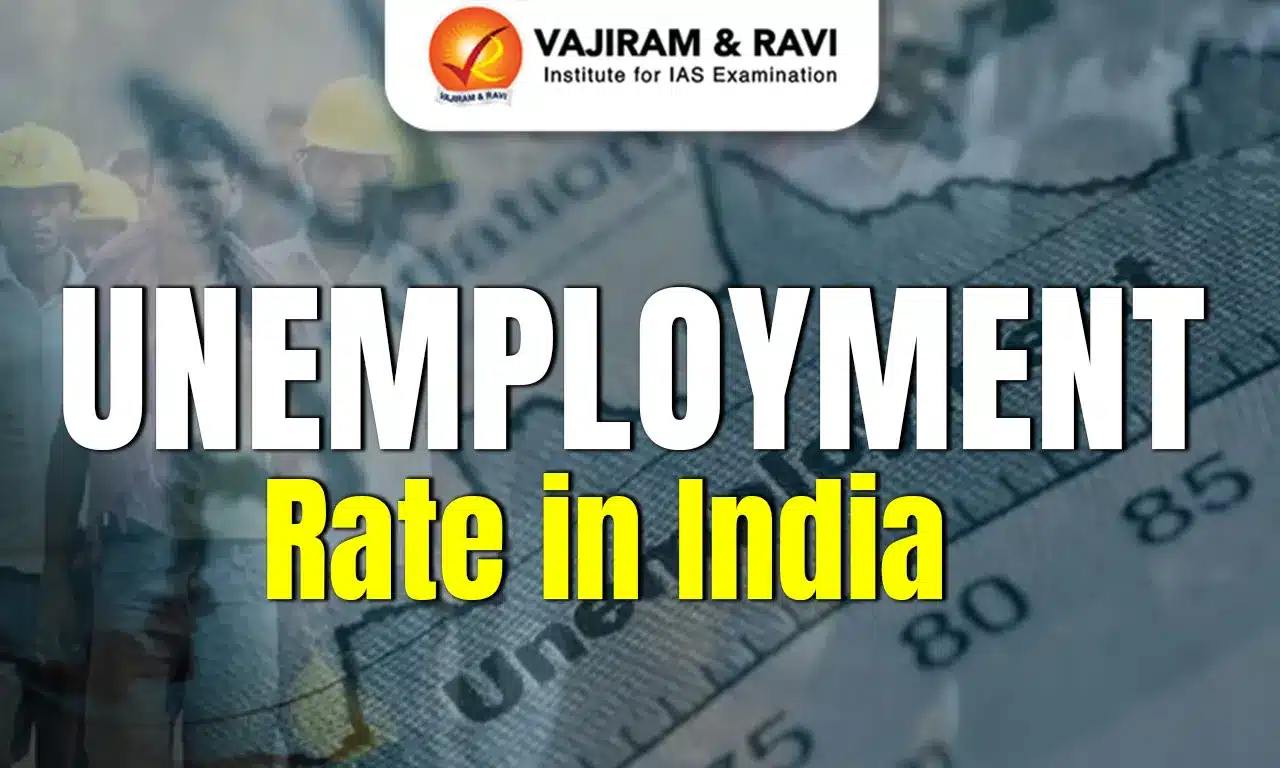The National Commission for Backward Classes (NCBC) was established to safeguard the interests and rights of socially and educationally backward classes (SEBCs) in India. Initially constituted as a statutory body in 1993, NCBC was later granted constitutional status in 2018 through the 102nd Constitutional Amendment Act.
NCBC plays a crucial role in ensuring equitable opportunities for backward classes in employment, education, and other socio-economic spheres. By monitoring the implementation of policies and making recommendations, NCBC acts as a watchdog for the rights of SEBCs, aiming for their overall upliftment.
NCBC Establishment
In the 1992 Mandal case judgment, the Supreme Court directed the central government to establish a permanent statutory body to address complaints regarding the under-inclusion, over-inclusion, or exclusion of any class of citizens from the backward classes list. As a result, the National Commission for Backward Classes (NCBC) was formed in 1993.
- The 102nd Constitutional Amendment Act of 2018 later elevated the NCBC to constitutional status by introducing Article 338B into the Constitution.
- This change transformed the NCBC from a statutory to a constitutional body, with an expanded mandate to more effectively protect the interests of socially and educationally backward classes.
NCBC Composition
Under Article 338B, the NCBC comprises a Chairperson, a Vice-Chairperson, and three additional members. They serve a term of 3 years from the date they assume office. Their appointment is made by the Preside
nt through an official warrant under his hand and seal. The terms of service and tenure for these officials are determined by rules set by the President. The Commission holds the authority to establish its own procedural guidelines.
NCBC Functions
The NCBC is tasked with safeguarding the rights of socially and educationally backward classes by monitoring legal protections and recommending improvements. It also plays an advisory role in the socioeconomic development of these communities. The key functions of NCBC are as follows:
- Investigate and monitor constitutional and legal safeguards for SEBCs and assess their effectiveness.
- Inquires into complaints regarding the deprivation of SEBC rights and safeguards.
- Advises on and evaluates the socioeconomic development of SEBCs at the Union and state levels.
- Submits annual and additional reports to the President on the implementation of SEBC protections.
- Recommends measures for better implementation of safeguards and welfare policies for SEBCs.
- Performs other functions related to the protection and advancement of SEBCs as directed by the President.
NCBC Reports
The Commission submits an annual report to the President and can also provide additional reports whenever necessary. These reports are then presented by the President to Parliament, accompanied by a memorandum detailing the actions taken on the Commission’s recommendations, including reasons for any recommendations not accepted.
- If a report concerns a state government, the President forwards it to the respective state.
- The state government is responsible for presenting the report to its legislature, along with a memorandum outlining actions taken and justifications for any unaccepted recommendations.
NCBC Powers
The NCBC holds significant powers, including the authority to regulate its procedures. When investigating matters or addressing complaints, the Commission functions with the powers of a civil court, allowing it to take various legal actions during inquiries. Additionally, both the central and state governments must consult the NCBC on major policy issues that affect socially and educationally backward classes. The key powers of NCBC are as follows:
- Summon and enforce the attendance of any individual from across India for examination under oath.
- Request the discovery and production of documents.
- Receive evidence through affidavits.
- Requisition of public records from courts or other offices.
- Issue summons for the examination of witnesses and documents.
- Exercise additional powers as determined by the President.
Last updated on April, 2025
→ UPSC Notification 2025 was released on 22nd January 2025.
→ UPSC Calendar 2026 is released on 15th May, 2025.
→ The UPSC Vacancy 2025 were released 1129, out of which 979 were for UPSC CSE and remaining 150 are for UPSC IFoS.
→ UPSC Admit Card 2025 is released now for CSE Prelims Exam 2025.
→ The UPSC Prelims 2025 is scheduled to be conducted on 25th May 2025 and UPSC Mains 2025 will be conducted on 22nd August 2025.
→ Apply once through it and aspirants can apply for various government exams conducted by UPSC.
→ The UPSC Selection Process is of 3 stages-Prelims, Mains and Interview.
→ UPSC Result 2024 is released with latest UPSC Marksheet 2024. Check Now!
→ UPSC Toppers List 2024 is released now. Shakti Dubey is UPSC AIR 1 2024 Topper.
→ Also check Best IAS Coaching in Delhi
NCBC FAQs
Q1. What is the NCBC Amendment Act?+
Q2. What does NCBC do?+
Q3. What is the tenure of members of NCBC?+
Q4. Is NCBC a quasi-judicial body?+
Q5. How many members are in NCBC?+

















